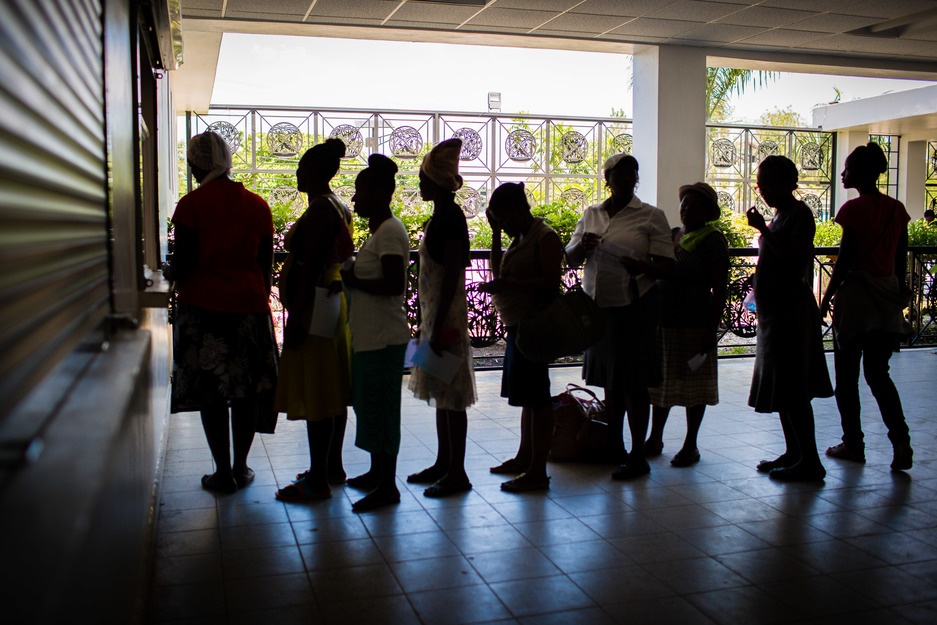Video: Dr. KJ Seung Explains Rapid Testing for Coronavirus

Lorem ipsum dolor sit amet, consectetur adipiscing elit. Ut elit tellus, luctus nec ullamcorper mattis, pulvinar dapibus leo.

Dr. KJ Seung has nearly two decades of experience in curbing the spread of infectious disease in countries around the world. He has been fighting tuberculosis with Partners In Health since 2001 and is a co-leader of the Expand New Drugs for TB partnership, or endTB, which spans 17 countries.
As PIH prepares to implement rapid testing kits for the novel coronavirus— launching PIH’s four-pronged COVID-19 response plan—Seung is at the forefront, working with PIH teams overseas, national governments, and local colleagues.
“This is really unprecedented—so we’re planning an unprecedented response,” Seung says. “It’s going to take mobilization of everybody in our PIH countries to try to prevent this virus from spreading.”
PCR tests
Many countries are using a test known as PCR. That test detects the actual novel coronavirus through a nasal swab, oral swab, or sputum. But it requires advanced laboratory facilities, which aren’t readily available in many of the 11 countries where PIH works.
“In a lot of our countries there is only one national laboratory in the entire country that can do that test,” Seung says. “Some of our countries don’t have any laboratories that can do that test. So, we’re going to have to think of something different. We’re going to have to think outside the box.”
Rapid tests
That means the use of rapid tests, like those deployed widely in countries including South Korea.
PIH ordered 100,000 of those tests last week. The rapid tests detect coronavirus antibodies and can be done at bedside, with an answer in as quickly as 15 minutes.
While questions remain about the best ways to use the rapid tests, Seung said time is not a luxury that responders around the world have.
“We don’t have time for studies to be done. The countries need something right now, so that’s what we’re going to do,” Seung says. “We’re going to distribute these to eight countries and work really closely with their ministries of health to figure out how best to detect the coronavirus, see how far it’s spreading, and respond to it.”
PIH teams plan to implement the rapid tests as soon as possible, potentially within the next two weeks.
“We’re working like crazy to figure out the best way to implement them in the (given) country, and get people trained up, get nurses trained up, and community health workers who will have to do the mobilization and the contact tracing, the community education,” Seung says. “Everybody in the health care system, from the very top to the very bottom, is going to have to be involved in this coronavirus response.”
How to Help
To begin tracing and breaking chains of infection, we need to ship at least 100,000 rapid COVID-19 diagnostic tests to our teams around the world—just to start. These new tests are about $7 a piece, which means the potential impact of your gift is immense.
No matter how many tests you send, you’ll be supporting an essential operation in the global battle against the COVID-19 pandemic—an operation that’s absolutely necessary for the strategy’s success.
Article originally posted on pih.org
Every person, no matter who they are or where they’re from, deserves the best health care we know how to offer.



